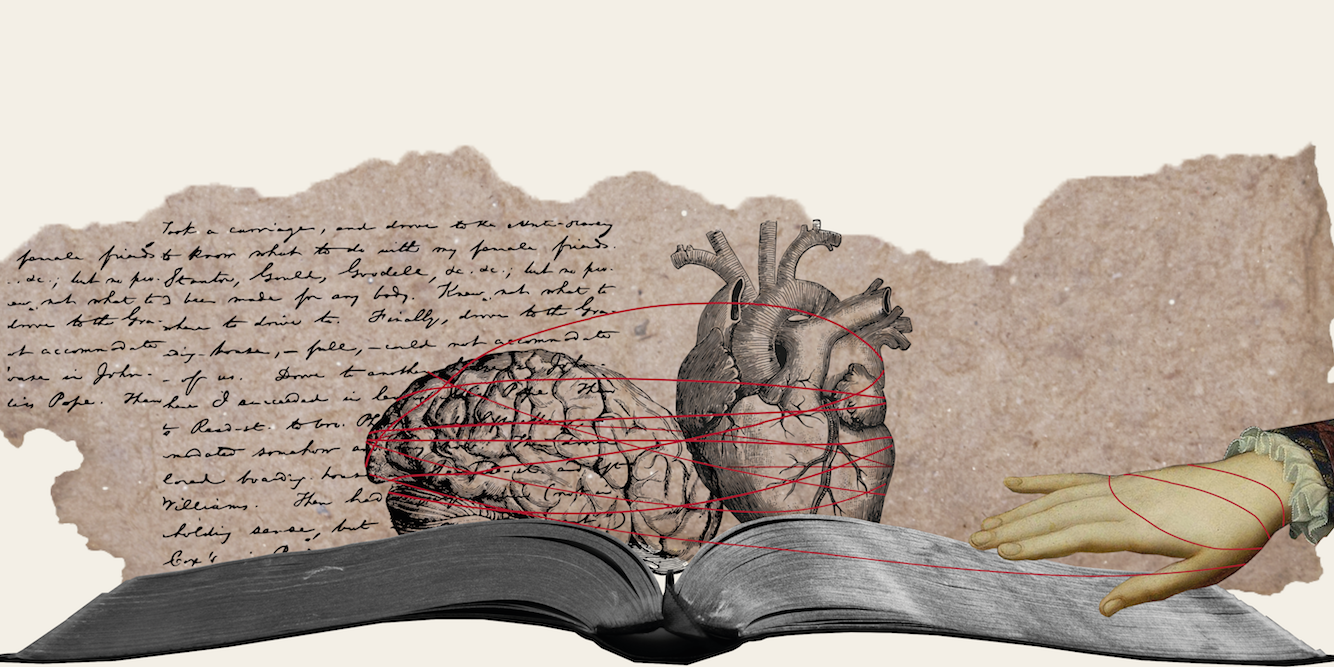
A nation is a living embodiment of past, present and future generations. As a people, we have a collective shared sense of community. In so doing, we reflect on our culture, symbols and history, involving both heroic and tragic figures. We speak of our land and place. Of course, we have our official and unofficial historical accounts to help us remember the past. But we also tap the Arts: historically, first poetry, songs, plays, paintings and sculpture came on the scene, then later novels, and in recent centuries, films, television and today, even other social media.
As a nation, we have memorable stories of victories and losses and sometimes great calamities. Literature’s contours are often greatly defined by catastrophic events such as war, genocide and exile. Individuals and their extended families are caught up in and share a nation’s trauma.
While academic accounts such as the social sciences tend to focus on the detached analytical overview in the search for cause and effect, the Arts such as poetry reflect the more emotionally engaged personal and subjective reactions to historical upheaval. The academic writings draw upon the analytical mind, while poetry that of the passionate heart. Each format explores where the other does not, but together the two forms of communication can fill in the gaps and jointly become quite effective.
In recent decades, I have found a combination of political science and poetry fosters both explanatory insight and empathetic connections. Scientific knowledge without humanist engagement can be quite inadequate and even destructive. Accordingly, whether it is writing or speaking on the 1915 Armenian Genocide or the 1990s and 2020 Karabakh wars, I have penned both academic and poetry books in combined efforts to better understand and explain our collective concerns and grief as a nation. We need to reach both the mind and the heart; the mind to analyze and the heart to empathize. Together we can remember the past and hope for a better future.
The Verbs of Genocide
Categorized
Stereotyped
Stigmatised
Marginalized
Disenfranchised.
Deprived
Victimized
Robbed
Ghettoised
Deported.
Stripped
Raped
Tortured
Murdered.
Mutilated
Dismembered
Discarded
Denied.
Forgotten?
A Small Gift
As I step into the huge entrance way of the state university library,
I have a sense of grand architectural design.
But as I look at the old fashioned typed library card catalogue,
I realize funds and books are far too scarce.
My solitary book now seems far too inadequate.
I should have brought much more.
Still, I offer my special gift to the librarian.
It is my very personal book on the genocide.
In so doing, a grandson pays respect to his grandmother.
Metzmama, this volume is in memory of you
and all the other orphans.
I should have offered more.
Like so many others then,
I should have offered more.
I should have offered more.
Trees Across Armenia
To plant a tree for every genocide victim –
150,000 trees a year
for ten long years.
It seems such a mammoth task.
It is only then that I realize the magnitude –
the horrific magnitude –
the colossal magnitude –
of the slaughter of so many,
so swiftly.
One and half million in a little more than a year.
So much killing.
So directed.
So planned.
So executed.
So swift.
It will take at least ten years to plant the young trees.
It will take more than a lifetime for the seedlings to grow fully.
It will take generations for the scars to heal properly.
The rugged landscape will always reveal the bitter truth.
But 1,500,000 trees will ease the pain.
A forest will lessen the suffering
and hide the tears of sorrow
of so many.
The tears of so many,
yesterday,
today and tomorrow,
and the day after.
The tears, perhaps, will water the trees of hope.
The trees of love.
The trees of beauty.
The trees of peace.
The trees of salvation.
Even the healing trees of forgiveness.
Listen to the leaves of the trees,
as they rustle in the wind.
A million and more souls whisper in unison:
“This is our forest.
This is your ancestor’s forest.
Visit us when you can.
Remember us, as you should.
Plant a tree for us and for others.
Plant a tree and remember.”

